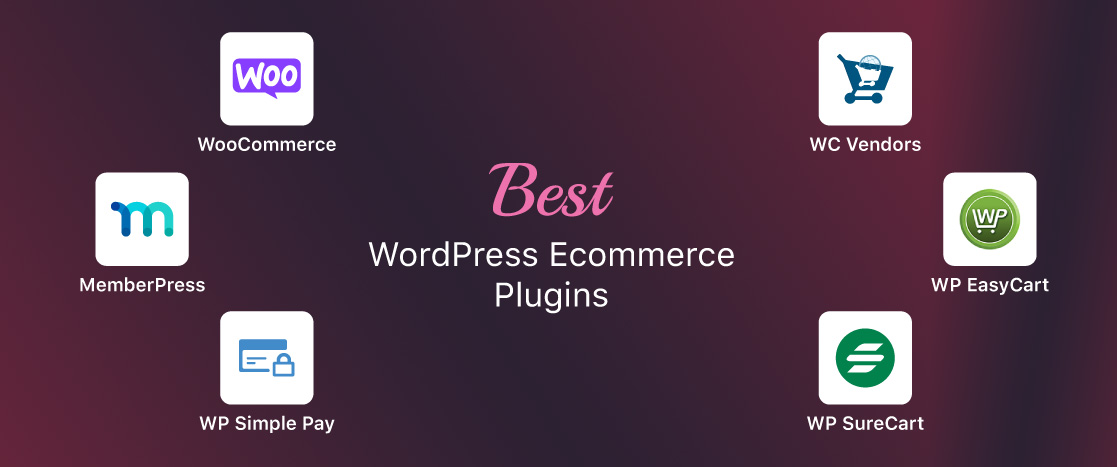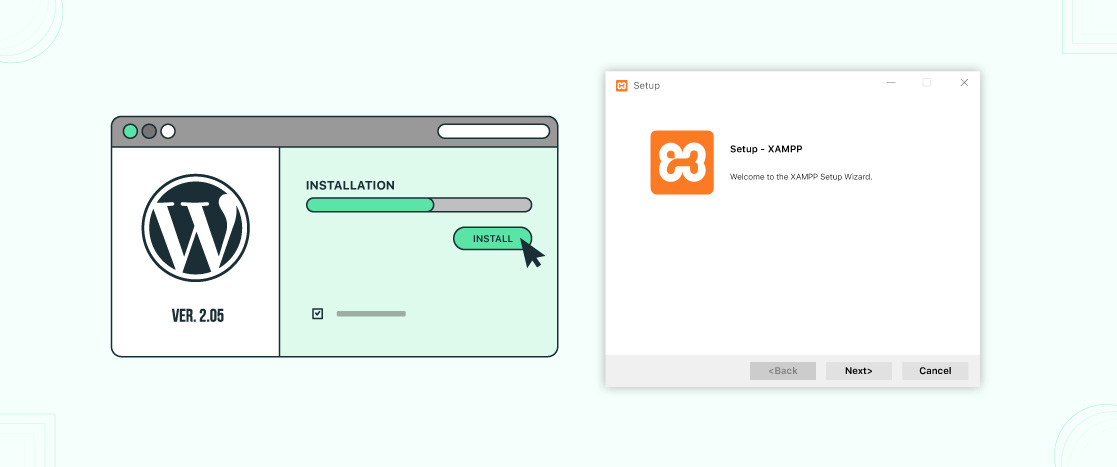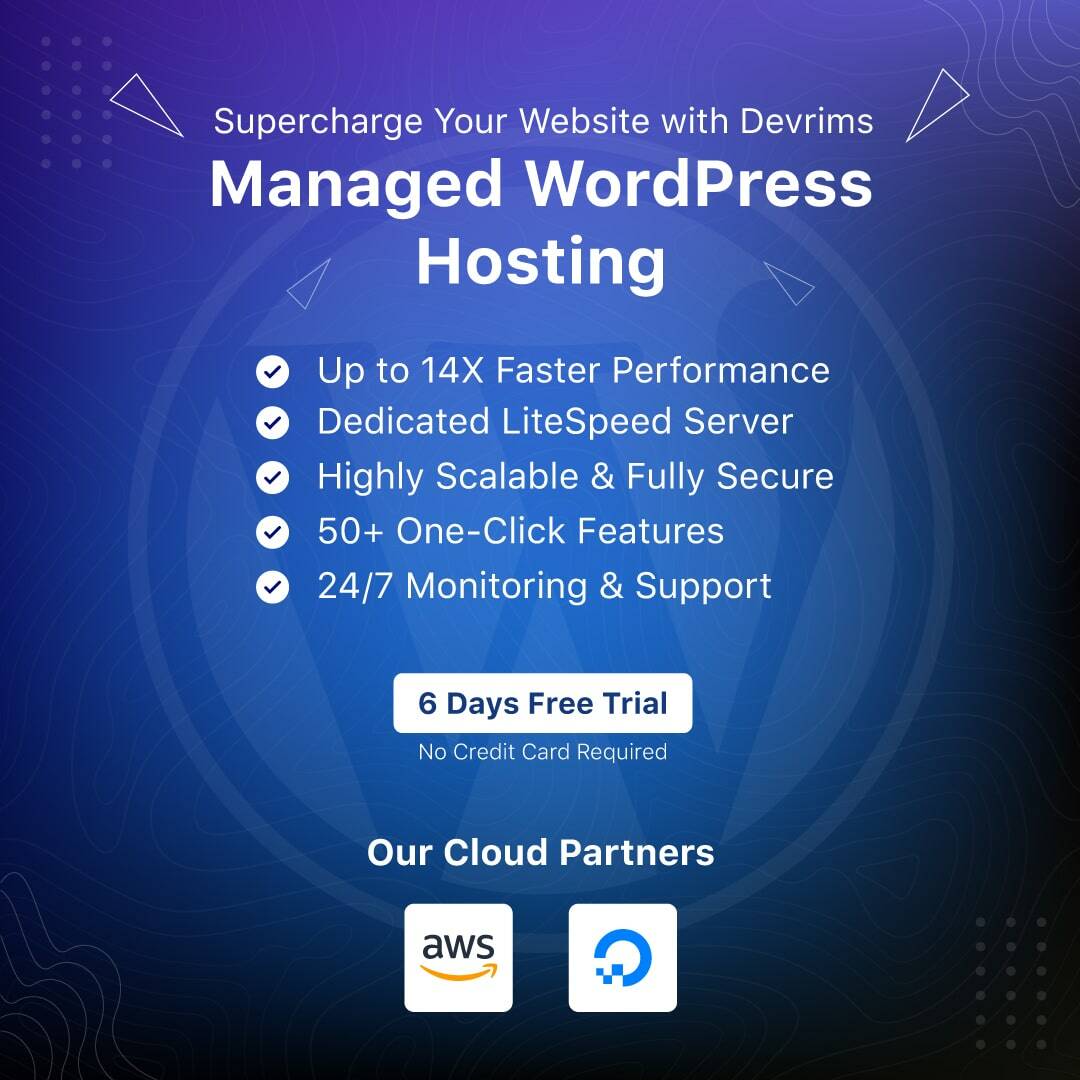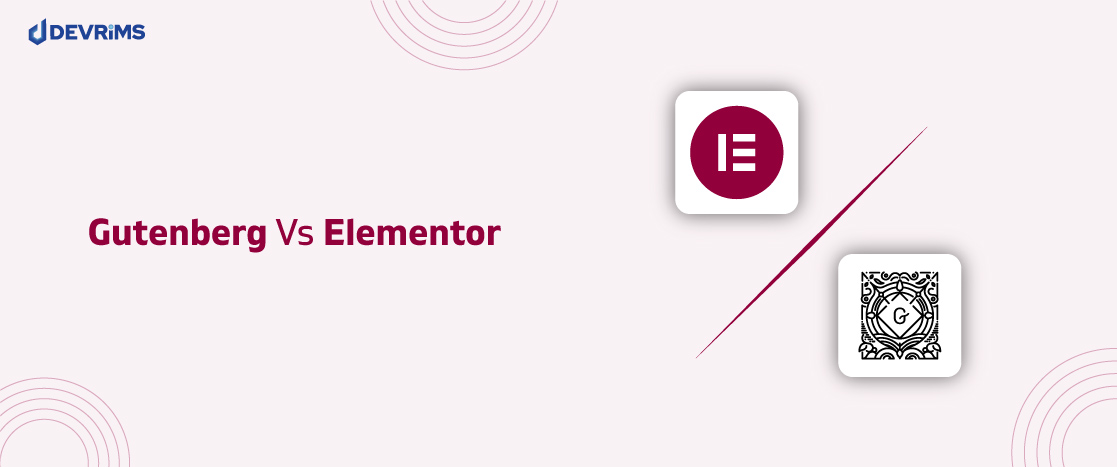
Gutenberg vs. Elementor: Which Page Builder is Better for Your WordPress Site in 2024?
The endless debate between WordPress users has been going on for years about which page builder is better, Gutenberg or Elementor. Gutenberg is a newly introduced block editor that comes built-in with the WordPress website. Elementor is a third-party page builder with a vast library of design widgets and templates. Both are the best in their way; both bring unique features for different users. So, how do you know which one is better for you?
In this blog post, we will go through the Gutenberg vs Elementor difference to help you decide which page builder best fits your site requirements. We’ll compare the core features, responsiveness, compatibility, flexibility, performance, and other essential factors.
What is Gutenberg?
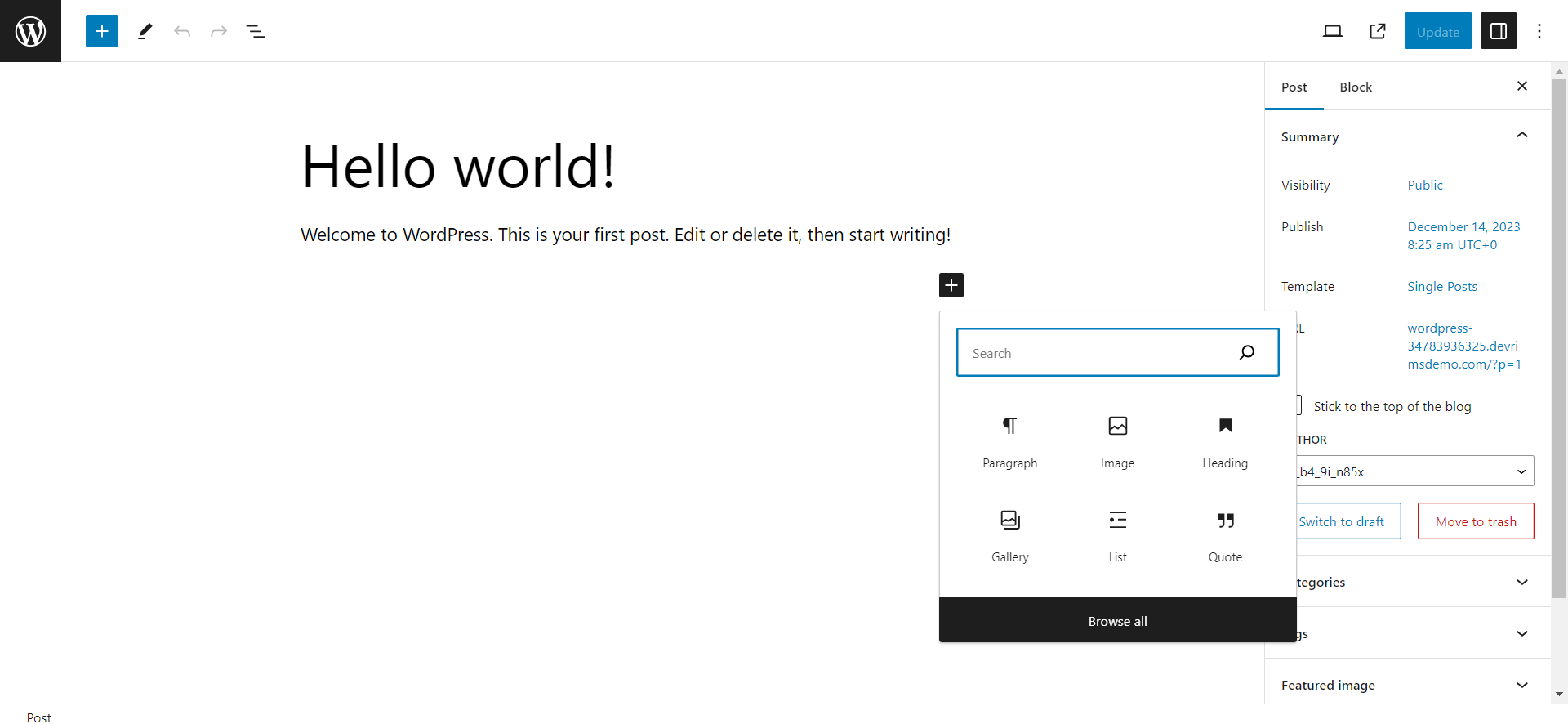
Gutenberg is a block editor and one of the most well-known open-source WordPress page builders. It is a default page builder in WordPress and is used by millions of users. Its core features include a modular, block-based approach to content creation that means you can drag and drop various content blocks like paragraphs, images, and galleries on a page without coding. This makes building web pages highly visual, attractive, and intuitive in less time. Gutenberg gives design flexibility with features like full-width alignment, color palettes, typography controls, and nested blocks. Also, it allows you to access HTML and CSS for advanced customization.
What is Elementor?
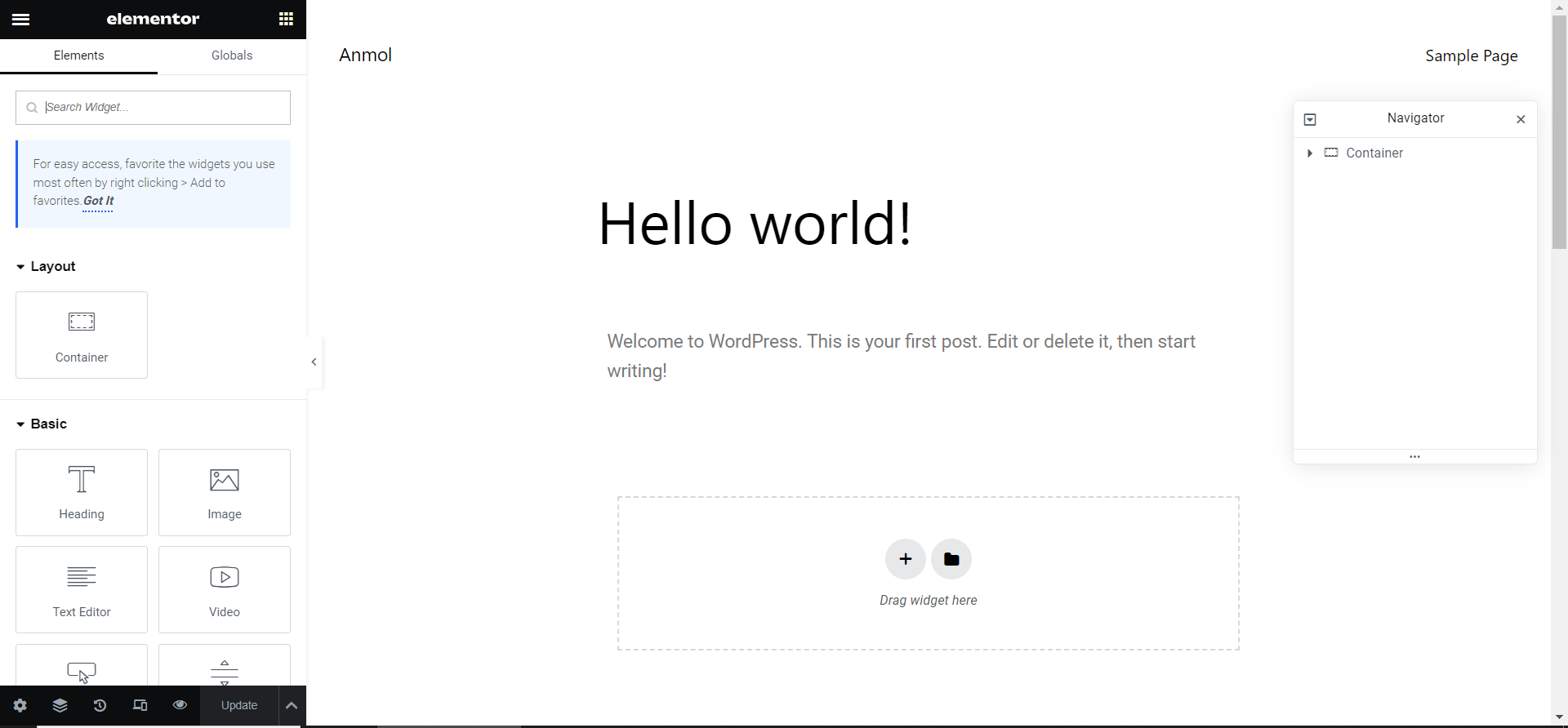
Elementor stands out as a leading page builder in the world of WordPress. It is one of the most popular and widely used plugins, offering an advanced visual editing experience. Elementor allows you to build stunning web pages and posts using an intuitive drag-and-drop canvas. Without writing any code, you can add elements like images, buttons, and more from its extensive widget library. There are endless possibilities to customize these elements with responsive controls for typography, spacing, colors, and more. You can preview the changes live across desktop, tablet, and mobile to check responsiveness easily. Also, elementor provides site builders with gorgeous pre-made templates and themes.
Gutenberg vs Elementor: Which one should you choose?
Let’s see the comparison of Gutenberg vs Elementor based on various features.
Gutenberg vs Elementor: Performance
Website performance is the top priority for any WordPress site owner. In this case, Gutenberg is better than Elementor in delivering faster load times. Gutenberg is a lightweight editor that defaults as a page builder with a WordPress site and provides a more optimized editing experience out of the box. Its streamlined approach to content creation tends to result in sites loading faster than those built with Elementor.
You can create fast sites using Elementor, but it will need adjustments and settings like image optimization, caching, code minification, and removing unnecessary plugins to overcome heavy loads. But with Gutenberg, you get a performance boost by default by applying all the standard performance best practices.
If we build two identical sites using both page builders, the site created with Gutenberg will generally load faster than the site created with Elementor. Both page builders can deliver fast-loading sites, but Gutenberg is lightweight and needs less optimization, so it will be considered the best performer.
Gutenberg vs Elementor: Responsiveness
Responsiveness is vital when choosing a page builder for WordPress sites to fit all screen sizes. Both Gutenberg and Elementor excel at delivering mobile-friendly experiences out of the box.
Gutenberg and Elementor take responsive design seriously, allowing you to optimize content for mobile phones, tablets, and desktops. Their editing interfaces intuitively build responsive layouts through various responsive-focused widgets and blocks. You don’t have to be a responsive design expert to create sites that look amazing on any device.
One key difference between them is that Gutenberg depends more on theme for responsiveness. Although Gutenberg enables responsive editing, your selected theme must also be mobile-friendly to catch those functionalities fully. So, if you use Gutenberg, choose a responsive WordPress theme with helpful layouts and typography.
Elementor is more self-contained, creating responsive design deeply into its templates and site-building workflow. It does not rely on themes more, but a mobile-friendly theme always helps maximize responsiveness.
Both page builders enable you to easily build sites that look amazing on mobile with a fully responsive theme, mainly if you use Gutenberg. If you are confused about which theme to choose, check out best responsive WordPress themes for your site.
Gutenberg vs Elementor: Compatibility
It is essential to consider how well it integrates with your existing WordPress plugins and themes when selecting a page builder for your site. Both Gutenberg and Elementor have some compatibility issues.
Gutenberg is designed to work seamlessly across most themes and plugins as part of WordPress core. There can be conflicts if we use it with certain page builder combinations because using Gutenberg with another page builder causes issues. Also, the lack of Plugins in Gutenberg blocks is another common compatibility pain point. In general, Gutenberg plays smoothly with WordPress tools.
Elementor is also compatible if you stick to the current software versions. It causes conflicts by plugin authors, so you should always check for compatibility tags before adding them to your WordPress site.
One key compatibility consideration that applies to both page builders is multipurpose WordPress themes. Themes with interchangeable page builder templates often only support specific builders. So, Gutenberg templates won’t work in Elementor and vice versa. Both options should integrate smoothly in most cases if you choose compatible tools. But choose themes and plugins carefully to avoid conflicts, especially when combining multiple page builders.
Gutenberg vs Elementor: Flexibility
Elementor is better than Gutenberg regarding flexibility and customizing your WordPress site design. Elementor excels in offering endless customization functionalities to create a website that perfectly matches your vision. It provides more than 300 pre-made templates to start your customization for any industry or niche. Using these templates saves much time compared to building a design from scratch.
Beyond templates, Elementor empowers control over every element on the page. You can customize backgrounds, text, images, icons, buttons, forms, and more from the intuitive drag-and-drop interface. The platform is built to enable extending and adapting each component.
Gutenberg enables full-site editing with compatible block-based themes but offers limited design flexibility. However, Gutenberg’s customizations are more constrained as compared to the endless possibilities that Elementor provides.
Elementor sets itself apart by providing limitless customization options, designer templates, and the ability to use every element to create a personalized site design. Elemetor is the best choice for maximum flexibility in customizing your WordPress site.
Gutenberg vs Elementor: Pricing
Gutenberg is a default WordPress block editor, and it is free forever. Elementor offers limited features in the free version and charges for advanced functionalities.
Gutenberg is 100% free as it does not need upgrades since it is a default WordPress page builder. This is perfect for anyone looking for a no-cost page-building solution for their WordPress site.
Elementor has a robust free version that comes with basic page-building features. It provides over 40 free widgets, drag-and-drop editing, and developer APIs. These free tools work for simple sites. However, Elementor charges annual subscriptions for premium features:
- Essential Plan ($59/year) adds 100+ widgets, templates, theme builders, and more for one site.
- Expert Plan ($199/year) covers 25 sites with additional features.
- Agency Plan ($399/year) supports 1,000 sites with complete access.
So, Elemetor’s price fluctuates based on your needs.
Gutenberg vs Elementor: Customer Support
Finding quality customer support can be messy with free page builders like Gutenberg and Elementor. You will need to purchase premium plans for direct assistance.
No official customer support exists for Gutenberg, but you can rely on the Gutenberg support forum and WordPress community for troubleshooting. This approach works but isn’t ideal for complicated issues.
Elementor also only provides self-service help for free users through documentation and forums. If you want to receive one-on-one support, you will need to go for an Elementor Pro plan. Elementor has a live chat for pre-sales questions.
Gutenberg and Elementor focus their customer support resources on paid users. Free users can access community forums and search for in-depth troubleshooting. Elementor does offer live pre-sales chat, which is excellent.
Overall, neither page builder is the best fit for free customer service. Direct customer support is costly.
Conclusion
Gutenberg and Elementor both have a firm place in the world of WordPress. Gutenberg is a default WordPress editor and is excellent for quick content creation with its simplified blocks and easy styling. Elementor shines when you need precise control over site design. Its expansive template library, customizations, and flexible widgets empower advanced visual layouts. Elementor is made for skilled developers and designers.
Use a high-performance WordPress host for maximum speed, no matter which page builder you choose. At Devrims, our optimized managed cloud hosting empowers sites built with Gutenberg and Elementor to load faster. See our plans now, or connect with our team to find the right solution for your project. We’re here to help you succeed with WordPress.

